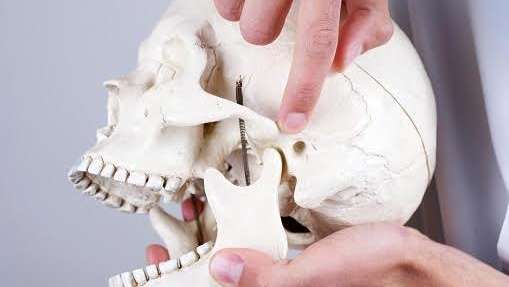
Signs and symptoms of TMD may include:
- Pain in the jaw, jaw joint, temple, ear
- Recurring Headaches
- Clicking or locking of the joint
- A tired feeling in your face
- Pain when chewing or biting
If you suffer from any of the above jaw symptoms, please mention it to your dentist at Willow Dental Care who will check your jaw joints and muscles for pain or tenderness and listen for clicks or grating sounds when you move them. They will check for limited mouth opening or locking or deviation on opening.
There are many possible causes for TMD. One of the most common causes is bruxing, which is clenching and grinding of teeth. This puts a lot of pressure on the joint and overwork the muscles surrounding it. This usually happens in our sleep, but can also happen during the day. Some of the common causes of bruxing are stress, anxiety, depression, obstructive sleep apnoea, reflux or poor posturing. Certain medications are also known to cause bruxing.
Less commonly, TMD can also be caused by problems inside the joint, which could have been a result of injury to the area, rheumatoid arthritis, or wear and tear.
The good news is that a lot of the symptoms can be managed in non-invasive ways. Your dentist may recommend cold packs or heat packs, massaging the muscles, yoga and meditation, and referral to a physiotherapist to address muscular issues related to head, neck, shoulders and back. An occlusal splint which is sometimes described as a night guard can help protect your teeth from the effects of grinding and clenching. Studies have shown that many more people are experiencing increased teeth grinding and clenching during the COVID-19 pandemic. Dentists have been seeing a record number of patients presenting with broken and cracked teeth which unfortunately can sometimes lead to the teeth being lost.
If you think you are experiencing TMD, we invite you to call 8610 6697 or book online . Our friendly and knowledgeable team at Willow Dental care will carry out a thorough assessment. Then we will work closely with you to help manage your symptoms and provide the best possible options to protect your teeth and jaws and alleviate your jaw pain.
